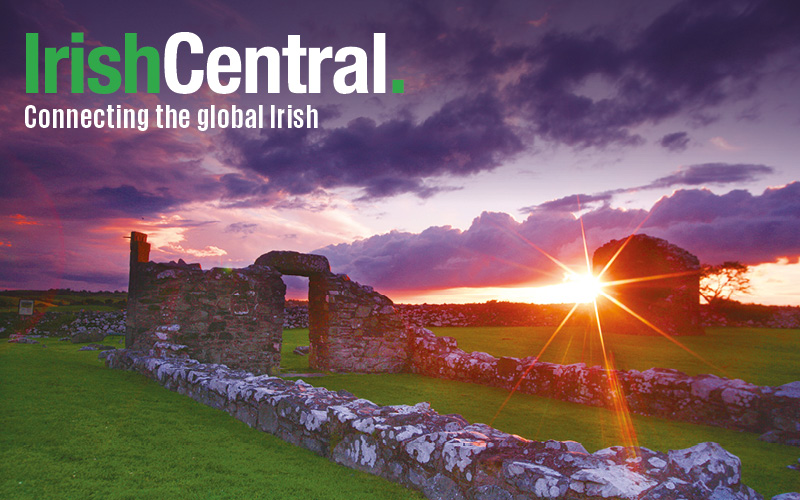A Unionist member of Britain’s House of Lords has said that Donegal would “benefit” from rejoining the United Kingdom.
Lord Kilclooney was speaking to Donegal’s Ocean FM Radio Station about the impact of Brexit when he explained to locals why he thought they would benefit from being British again.
“It [Donegal] would benefit from the block grant that we already enjoy in Northern Ireland, £10 billion ($13 billion) a year we get.
"It really is the hinterland of Northern Ireland and it would be great to have it back in with us.
"The history of Donegal since 1921 is desperate. I've seen the population in Donegal dwindle. It's half what it was at the time of partition. Many have moved to the United Kingdom, to the north-west or to Glasgow. I think Dublin ignores Donegal."
Read More: Nationalists are "not equal" to unionists, says British Lord
The British Government has long shovelled large amounts of cash into Northern Ireland: in 2015/16 public spending was 21% higher than the UK average and set to rise higher after the Democratic Unionist Party negotiated a further $1.3 billion in spending for schools and hospitals.
Despite the largesses, Donegal has never shown much inclination to rejoin the Ulster statelet to its east and has a long history of voting for republican parties; once Fianna Fáil dominated elections in the county but since the recession Sinn Féin have gained a significant amount of support.
Since partition the county’s Protestant population (most of whom historically wanted Ireland to remain part of the United Kingdom) has plunged; where once one in five people in Donegal were Protestant, now it is closer to one in ten.
Surveys over the decades indicate that, unlike most of their coreligionists in Northern Ireland, most are happy to identify as Irish, not British.
The Orange Order maintains a presence in the county but it lacks the sharp political edge it does over the border:
“Here our priorities as Orangemen wouldn’t really be to do with being unionist as it is up north,” Donegal Orangeman Norman Henry told the Newsletter in 2013.
“For us it’s a religious and cultural thing to do with being Protestant and feeling that it’s important to be an upstanding member of the community, honoring your civic and Christian responsibilities. Being a good citizen and a good neighbor is important.”
Read More: Irish-speaking Donegal Orangeman says Protestants are overlooked in Ireland
Still an ever dwindling number do feel a strong connection with Britain: farmer and Orangeman Jim Devenney from the village of Raphoe - only a 15 minute drive from Northern Ireland - said he doesn’t feel exclusively Irish.
“My identity is British because I feel that I have a debt of gratitude, not to Britain, but to those people who were British and those people who gave their lives for what Britain and what the whole of British culture and identity stands for,” he told NBC.
After the creation of the northern state in 1921 an effort to reunite Donegal with the six counties to its east was made by Joseph Fisher who was appointed to the Boundary Commission which was intended to transfer nationalists areas in the north to the Free State.
Instead Fisher argued that Donegal should be administered by Belfast, not Dublin.
“We ought to bear our share of the burden of congestion and misery, and Ulster can never be complete without Donegal. Donegal belongs to Derry, and Derry to Donegal… and a hostile ‘Afghanistan’ on our northwest frontier would be placed in safe keeping,” he told his colleagues on the commission.
Read More: Why is the Irish border where it is?
Ultimately the commission agreed that a small Protestant part of the county on the Derry border should be sliced into Northern Ireland, but the report was unpalatable to the Irish Government and the authors were told it best “burnt or buried”.
No serious efforts to return Donegal to the United Kingdom have been made since.




Comments